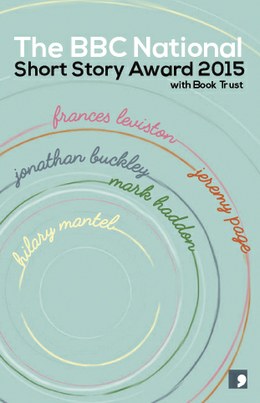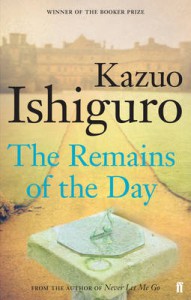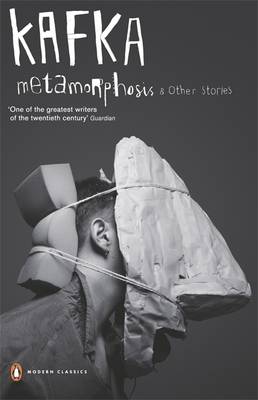This is part of a series of posts about the shortlist for the 2015 BBC National Short Story Award.
Perhaps the single best-known short story that would have been eligible for this year’s award, purely on account of its being the title story of a collection by such a high-profile author (oh, and perhaps the storm-in-a-teacup that went on in the media over the subject matter, I suppose). Mantel imagines the occasion in August 1983 when Margaret Thatcher went into hospital in Windsor for eye surgery. Her narrator lives within sight of the hospital, and receives a visitor who is at first assumed to be a photographer – though it soon becomes apparent that he’s after a different kind of shot.
It’s been a recurring theme of my engagement with the shortlisted stories that I’ve found the tone of the narration a little jarring (at least to begin with) in the context of what the stories were doing. It’s the same here: Mantel’s protagonist looks back on these events calmly, with a certain sense of being above it all (“Picture first the street where she breathed her last. It is a quiet street, sedate, shaded by old trees…”). This seems to work as something of a wink to the reader: you know that Thatcher wasn’t assassinated in real life, but this is fiction, so all bets are off, okay? But I also find that it takes me out of the moment a little. All the same, the interplay between narrator and (would-be?) sniper brings humour, then tension.
Listen to a reading of ‘The Assassination of Margaret Thatcher’
Anthology details (Foyles affiliate link)
The BBC National Short Story Award 2015, Comma Press paperback




Recent Comments